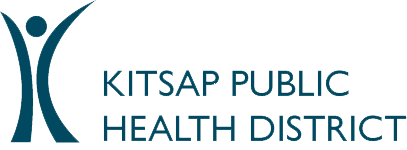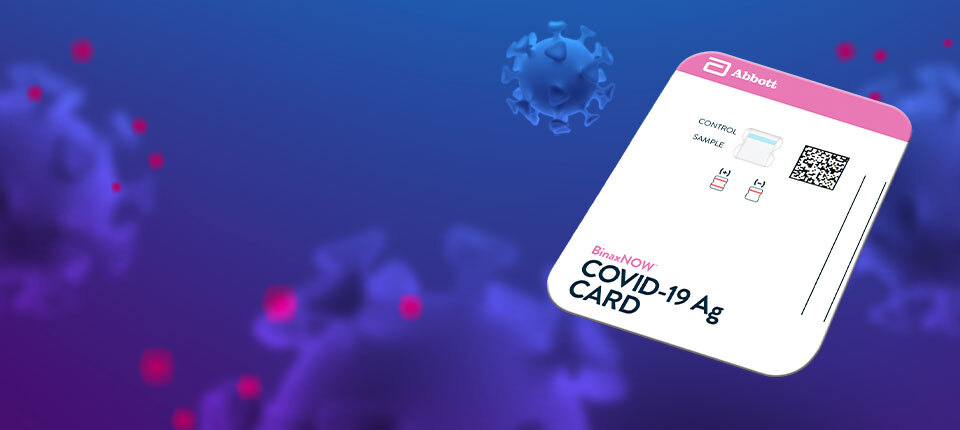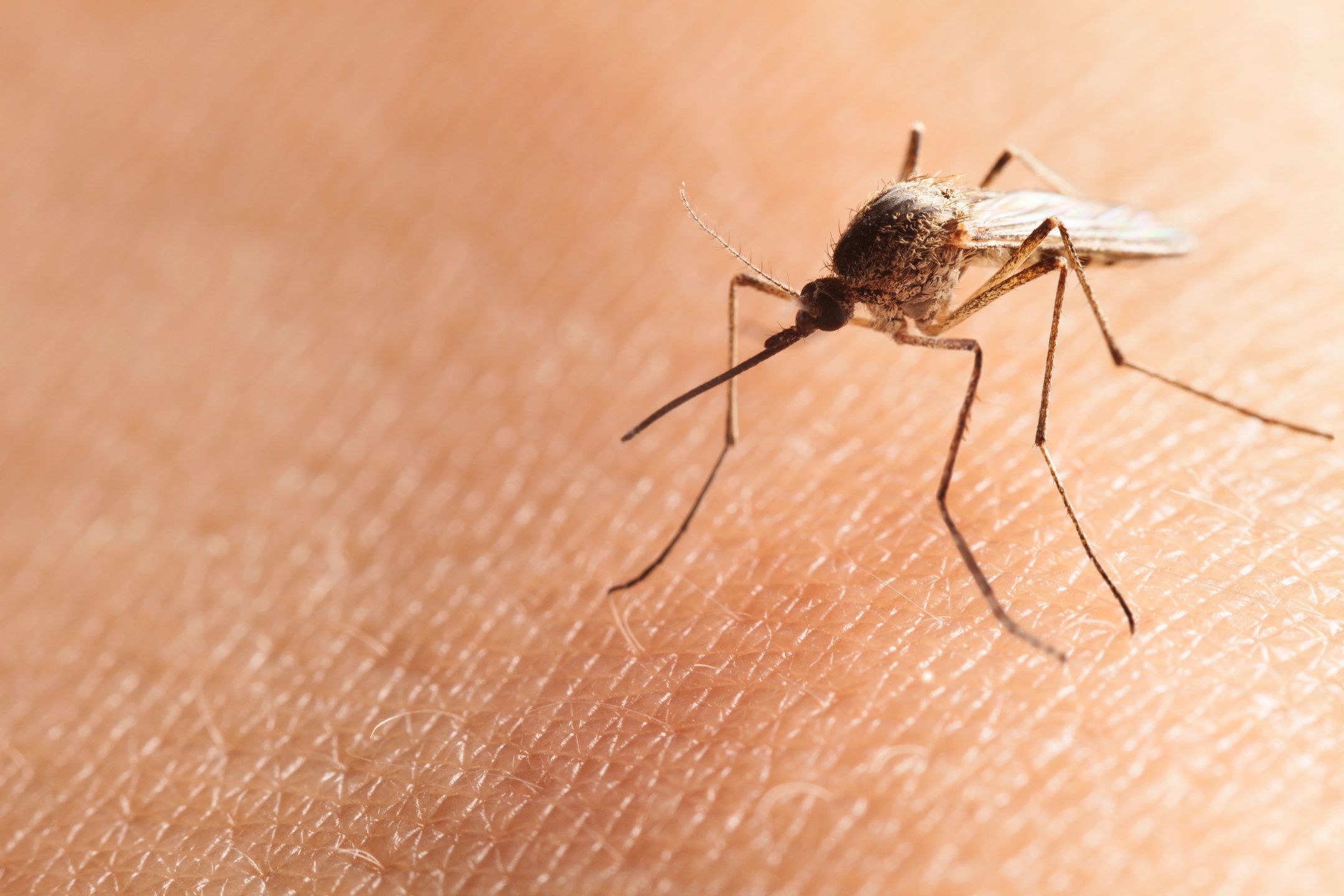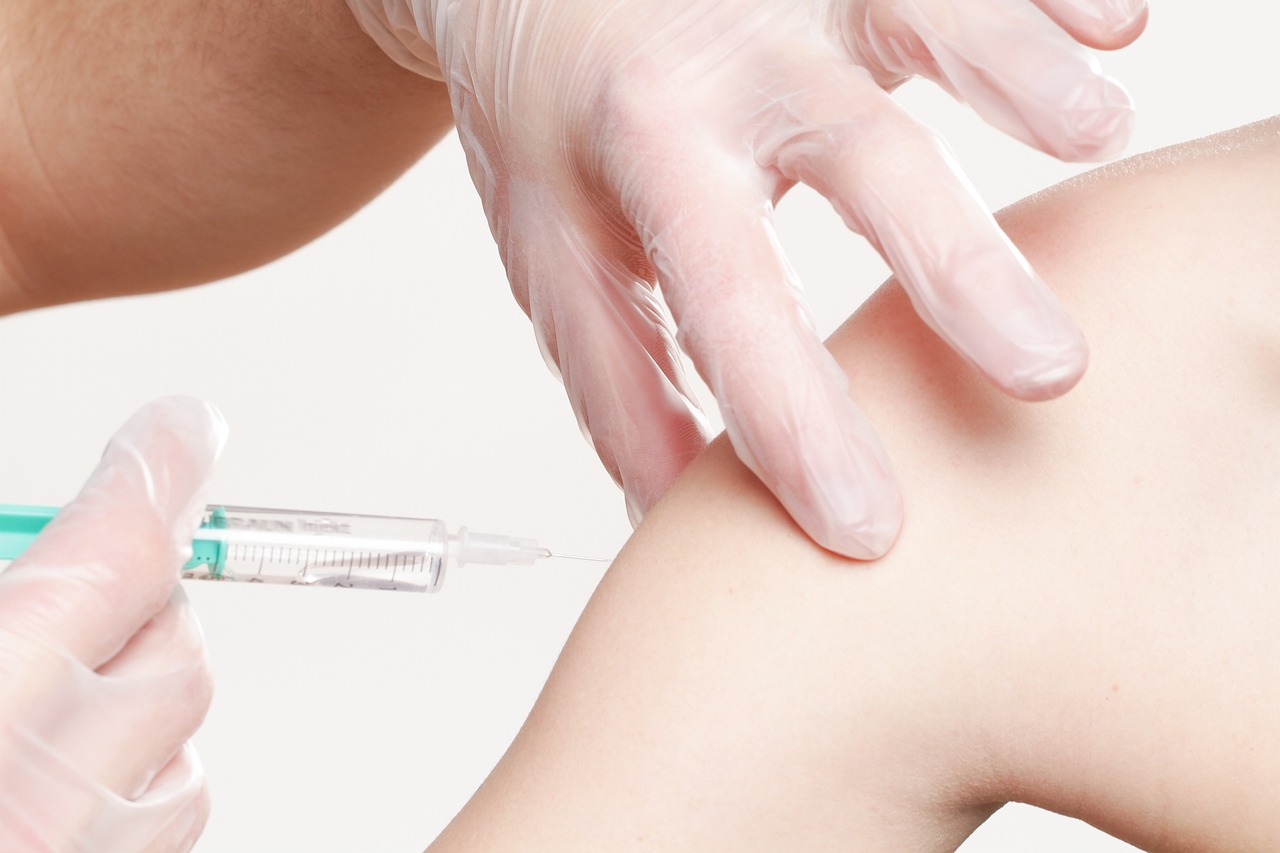-
Respiratory Illness Report: Week 22 (5/25/2025 – 5/31/2025)
In week ending May 31, local indicators for influenza, COVID-19, and respiratory syncytial virus (RSV) remained minimal. Regional laboratory surveillance most frequently detected rhinovirus among clinical respiratory specimens. Fewer than 10 emergency department (ED) visits were attributable to influenza, COVID-19, or to RSV. Kitsap sentinel reporting labs reported 9 positive COVID-19 tests (2.5% of specimens tested), 14 positive…
-
Health Advisory: Ongoing COVID-19 Vaccination at Long Term Care Facilities
Ongoing COVID-19 Vaccination at Long Term Care Facilities Actions Requested by Washington State Department of Health Coordinate planning for ongoing vaccination COVID-19 needs with the pharmacy that currently provides your long term care facility with medications if they are already enrolled as a COVID vaccine provider. Work with the pharmacy to set up appointments for…
-
Health Advisory: Free BinaxNOW COVID-19 Rapid Antigen Cards Available
Actions Requested Contact KPHD to obtain BinaxNOW COVID-19 rapid antigen cards for use at your facility. Contact Anna Gonzalez at anna.gonzalez@kitsappublichealth.org or (360) 633-9693. Availability is on a first come, first serve basis. Expiration dates for the tests available are 4/8/2021, 4/13/2021, and 5/2/2021. Utilize BinaxNOW COVID-19 rapid antigen cards according to manufacturer instructions and in accordance…
-
Health Advisory: Increased Concern of Drug Overdose
Please review the linked provider alert from the Washington State Department of Health regarding increased concern of drug overdose. General Resources Washington State Department of Health – Overdose Education and Naloxone Distribution https://www.doh.wa.gov/YouandYourFamily/DrugUserHealth/OverdoseandNaloxone University of Washington Alcohol & Drug Abuse Institute (ADAI) – Heroin and fentanyl in Washington State https://adai.washington.edu/WAdata/heroin_versus_fentanyl.htm Substance Abuse and Mental Health…
-
Health Advisory: COVID-19 Vaccination Opportunities and Updates
Actions Requested Get vaccinated and inform your Phase 1a eligible employees and colleagues about existing vaccination opportunities. Click on the links below for vaccination opportunities happening in the next few days. Note that appointments are required. Bainbridge Island: covidbi.timetap.com Silverdale: htps://calendly.com/achieve-vaccine/covid-vaccination-clinic Silverdale: chifranciscan.org/vaccineinfo Enroll as a COVID-19 vaccine provider. To start this process, complete the…
-
Tdap and Pregnancy Information for Providers
Advisory or Update, Communicable Disease and Immunization Update, Health Alert, Immunization, Notifiable Conditions, Pertussis, Provider ResourcesPertussis is a serious disease for young infants. Pertussis epidemics occur in the United States every 3–5 years. Even though we have a vaccine, pertussis is a common infectious disease. There are 10,000–40,000 cases per year and 10–20 deaths.1 In 2013, there were more than 28,000 cases in the United States. Pertussis is most serious in…
-
West Nile Virus
Background and Epidemiology WNV infection first became a public health problem in the United States in the late 1990s. WNV is a mosquito-borne flavivirus in the same family as yellow fever, dengue fever and St. Louis encephalitis. In rare situations, blood transfusion, organ transplant, transplacental, breastfeeding and percutaneous injury of laboratory workers can transmit the…
-
Pertussis Fact Sheet
To report a confirmed or suspect case of pertussis, complete the or call . Overview Pertussis is common and very contagious. It is caused by Bordetella pertussis. The bacteria infect cilia in the upper respiratory tract. Early symptoms are mild, like the common cold. Patients often experience violent coughing fits (paroxysms). These can be followed by…
-
Hepatitis A Fact Sheet
Overview Transmission: Fecal-oral. Incubation Period: Average 28-30 days (range 15-50 days). Symptoms: Anorexia, vomiting, abdominal pain, fatigue, followed by jaundice. Severity of illness increases with age. Infectious Period: 14 days prior to onset of jaundice to seven days after onset of jaundice. Infants can excrete virus in the stool for longer periods of time. Epidemiology:…
-
Lice in Schools
What procedures should our school follow if a student has head lice? Head lice are tiny parasites that can live on the human head. They survive by sucking blood from the scalp. Lice eggs (called “nits”) can attach to strands of head hair. Lice can cause the head to itch, but have not been proven…
-
Meningococcal Disease Fact Sheet
Meningococcal disease is a sudden, severe illness caused by the bacterium Neisseria meningitidis. The disease manifests most commonly as meningitis and/or meningococcemia, but may also cause pneumonia, arthritis or pericarditis. The symptoms include sudden high fever, chills, severe headache, stiff neck and back, nausea, vomiting, purpural rash, decreased level of consciousness, difficulty breathing and seizures.…
-
Perinatal Hepatitis B
Guidelines for Prenatal Care Screen every pregnant woman for HBsAg early in each pregnancy according to Centers for Disease Control and Prevention and American College of Obstetricians and Gynecologists recommendations. HbsAg testing should be repeated late in pregnancy if the woman is HBsAg negative and is at high risk of hepatitis B infection (e.g., injection…
-
Hepatitis B Immunization and Healthcare Workers
Healthcare Worker Immunization Pre-exposure evaluation for healthcare personnel previously vaccinated with complete, ≥ three dose hepatitis B vaccine series who have not had post-vaccination serologic testing* Source: CDC—MMWR December 20, 2013. * Should be performed one to two months after the last dose of vaccine using a quantitative method that allows detection of the protective…












